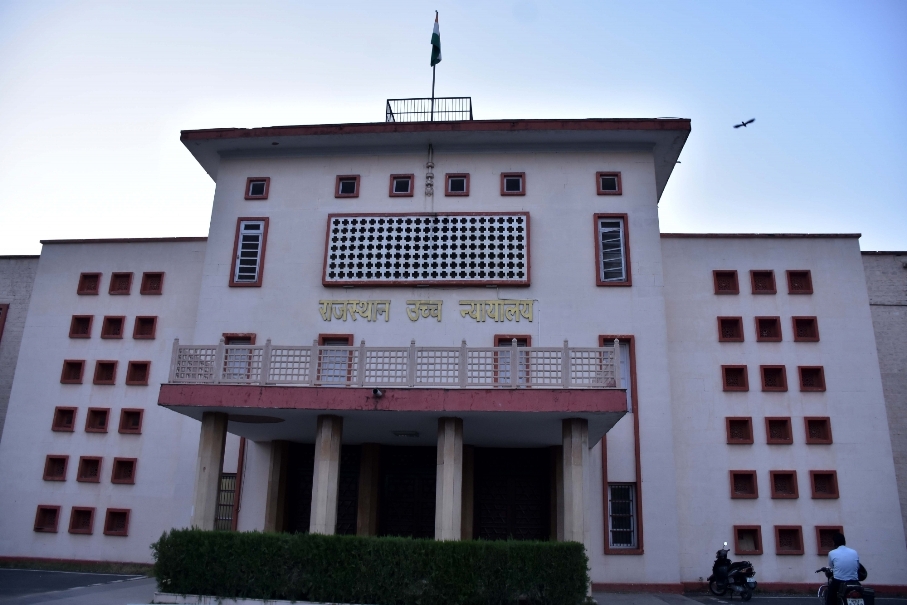Jaipur, June 7 (IANS) A child cannot be used as a weapon to get divorced on grounds of adultery, ruled Rajasthan High Court on Wednesday while rejecting a man’s petition to bring on record his alleged son’s paternity test results in the divorce case pending before the Family Court.
“The DNA Paternity Test requires to be conducted only under exceptional cases, and therefore, the child cannot be used as a weapon to get divorce on grounds of adultery, on the strength of outcome of a DNA Paternity Test,” observed Justice Dr Pushpendra Singh Bhati.
The court was hearing the plea against the order of an Udaipur court which rejected the man’s plea to amend the divorce pleading, on the basis of DNA Paternity Test of the son.
It was submitted that the DNA Paternity Test Report showed that he is not the child’s father. The court mentioned that the man filed an application under Section 13 of the Hindu Marriage Act, 1955, in which there was no adultery allegation but the divorce application was filed by the husband in 2019, without any ground of adultery. However, he merely mentioned that the wife used to tell him that he is not the father of the child, the court added.
The marriage between the parties was solemnized in 2010 and the boy was born in 2018. The wife left the husband’s house in 2019.
In 2019, the DNA Paternity Test of the child was conducted sans taking the child or his mother (wife) into confidence, noted the court.
“The record clearly reveals that the petitioner- husband and the respondent-wife were living together during time of birth of the child (son), and thus, the husband was having access for cohabitation; thus, the question regarding presumption under Section 112 of the Indian Evidence does not even arise in the present case,” the court observed.
Referring to the Apex Court’s decision in Aparna Ajinkya Firodia v. Ajinkya Arun Firodia which observed that “the Family Courts have power to order for DNA Test, but it should not be directed in a routine manner, without any justifiable reason for the same; the same should be done after duly complying with the principles of natural justice. The husband thus, cannot take undue advantage of the DNA Test so as to shirk away from his obligation.”
The court further observed that any matrimonial dispute between the husband and wife pertaining to the child born from wedlock, cannot be used for their own benefit via DNA Paternity Test, among other things. “This court is quite conscious of the fact that any frivolous claim of the husband or wife would have much adverse effect on the mental health of the child; though the husband has a right to prove adultery on the strength of cogent evidence against his wife,” said Justice Bhati.
Refusing to grant any relief to the man, the court said: “While choosing between the sanctity of marriage and sanctity of childhood, the Court has no option but to tilt towards the sanctity of life, i.e. tilting towards the sanctity of childhood. The parties may or may not lose the marriage, but the spirit of justice cannot afford to lose the child/childhood, as no Court can shut its eyes, so as only to achieve the goal of justice in matrimonial redressals, while losing the battle of parenthood, being detrimental to the childhood.”

